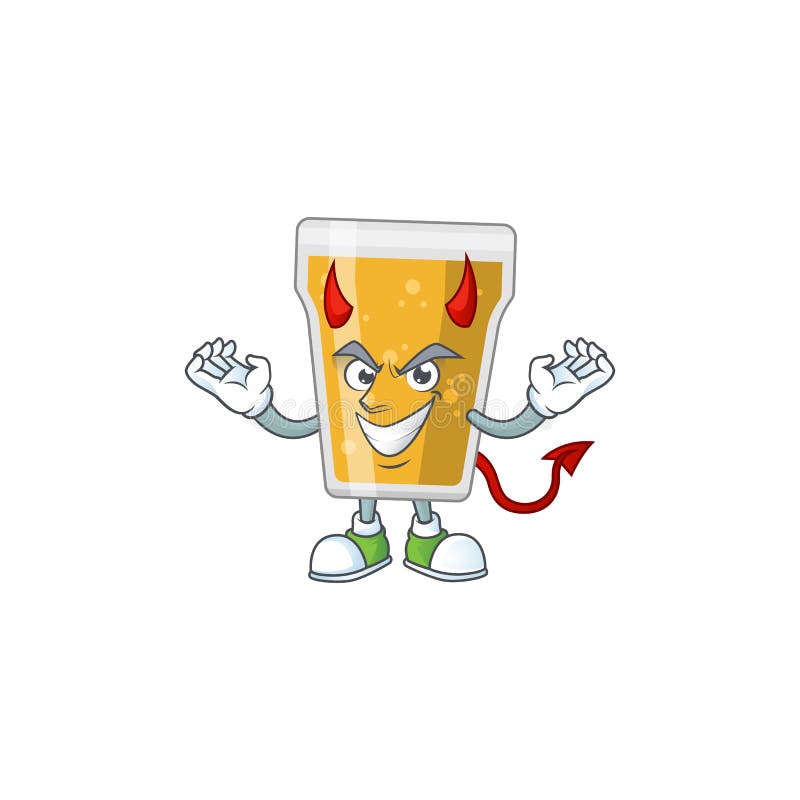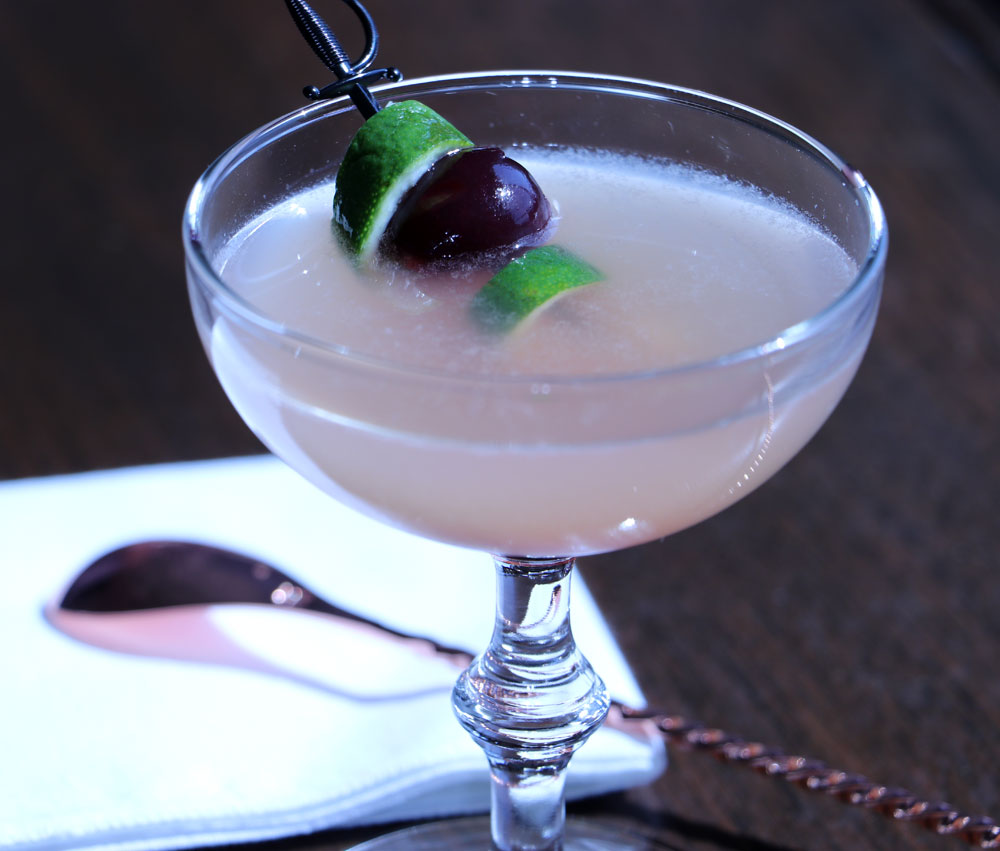Devil alcohol might sound like a metaphor, but trust me, it’s far from fiction. Alcohol consumption has been a part of human culture for centuries, but its dark side often gets overlooked in the midst of social norms and peer pressure. From health risks to emotional turmoil, the impact of excessive drinking can be downright demonic. If you’re wondering why people call it "devil alcohol," stick around because we’re about to dive deep into this controversial topic.
Imagine walking into a bar on a Friday night. Everyone’s laughing, clinking glasses, and having the time of their lives. But behind those smiles, there’s a hidden monster lurking in every sip. Alcohol, when consumed excessively, transforms from a social lubricant into a destructive force. This isn’t just about hangovers anymore; it’s about long-term consequences that can ruin lives.
Now, before we get too heavy, let’s set the stage. This article isn’t here to judge or scare you. It’s here to shed light on the reality of what happens when alcohol becomes more than just a drink. Whether you’re a casual drinker, someone who knows someone struggling with addiction, or simply curious about the effects of alcohol, this is the place to be. So grab your favorite non-alcoholic beverage, and let’s talk about the devil in the bottle.
Read also:Erika Saraceni Rising Italian Triple Jump Star
What Exactly Is Devil Alcohol?
When people refer to alcohol as the "devil," they’re not being poetic—they’re being brutally honest. Devil alcohol refers to the negative aspects of drinking that often go unnoticed until it’s too late. It’s the kind of drinking that leads to dependency, health issues, and social problems. But what makes alcohol so devilish? Let’s break it down.
Why Alcohol Gets the Devil Label
Here’s the kicker: alcohol affects everyone differently. For some, it’s a harmless way to unwind after a long day. For others, it’s a gateway to chaos. The label "devil alcohol" comes from the destructive behavior it can trigger. From blackouts to violent outbursts, the consequences can be life-altering.
And let’s not forget the physical toll. Excessive drinking can lead to liver damage, heart disease, and even certain types of cancer. But it’s not just the body that suffers; the mind takes a hit too. Depression, anxiety, and memory loss are all common side effects of prolonged alcohol use.
Statistics That Will Make You Think Twice
Here’s a reality check: according to the World Health Organization, over 3 million deaths every year are attributed to harmful use of alcohol. That’s not a small number. In fact, alcohol is responsible for 5.3% of all global deaths. And if that doesn’t wake you up, consider this: binge drinking is on the rise, especially among young adults.
- 1 in 5 adults binge drink at least once a month.
- Alcohol misuse costs the U.S. economy over $249 billion annually.
- Over 10% of children in the U.S. live with a parent who has an alcohol problem.
The Science Behind Devil Alcohol
So, how does alcohol turn into such a menace? To understand that, we need to look at the science behind it. When you take a sip of alcohol, it doesn’t just sit in your stomach—it gets absorbed into your bloodstream and travels to your brain. Once there, it starts messing with your neurotransmitters, which are the chemicals responsible for sending signals between brain cells.
How Alcohol Affects the Brain
Alcohol increases the release of dopamine, the "feel-good" chemical, which is why people feel relaxed and happy after a drink or two. But here’s the catch: the more you drink, the more your brain becomes dependent on that dopamine rush. Over time, your brain starts craving alcohol just to feel normal. This is where addiction begins.
Read also:Watch Liz Vicious Porn Videos And More
But it doesn’t stop there. Alcohol also inhibits the release of glutamate, a neurotransmitter that helps with memory and learning. That’s why people experience blackouts after heavy drinking. Their brains literally can’t process or store information properly.
The Long-Term Effects on the Body
Now let’s talk about the physical damage. Chronic alcohol consumption can lead to a host of health problems, including:
- Fatty liver disease
- Alcoholic hepatitis
- Cirrhosis
- High blood pressure
- Stroke
And let’s not forget about mental health. Alcohol is a depressant, which means it slows down brain activity. While it might seem like a quick fix for stress or anxiety, it actually makes those feelings worse in the long run.
Devil Alcohol and Society
Alcohol doesn’t just affect individuals—it has a ripple effect on society as a whole. From drunk driving accidents to domestic violence, the consequences of excessive drinking are far-reaching. But how did we get here? Let’s take a look at the cultural and societal factors that contribute to the "devil alcohol" phenomenon.
Why Do People Drink Excessively?
There’s no one-size-fits-all answer to this question. For some, it’s a way to cope with stress or trauma. For others, it’s peer pressure or a lack of awareness about the dangers of excessive drinking. Whatever the reason, the fact remains that society often glorifies drinking without acknowledging its darker side.
The Role of Marketing and Media
Let’s not forget about the role of marketing and media. Alcohol companies spend billions of dollars every year on advertising, often targeting young adults. These ads portray drinking as glamorous, fun, and carefree, which can lead to unrealistic expectations and risky behavior.
But here’s the kicker: research shows that exposure to alcohol advertising increases the likelihood of underage drinking. So, while we’re busy enjoying those catchy commercials, we’re also contributing to a culture of excessive drinking.
Recognizing the Signs of Devil Alcohol
So, how do you know if alcohol is becoming a problem in your life? The signs aren’t always obvious, but they’re definitely there if you know what to look for. Here are a few red flags to watch out for:
- Drinking more than you planned
- Feeling guilty or ashamed about your drinking
- Using alcohol as a way to cope with emotions
- Experiencing withdrawal symptoms when you stop drinking
If any of these sound familiar, it might be time to take a step back and reassess your relationship with alcohol. Remember, it’s not about cutting it out completely—it’s about finding balance and making choices that align with your values.
Devil Alcohol and Mental Health
Let’s talk about the elephant in the room: mental health. Alcohol and mental health issues often go hand in hand. People with anxiety or depression might turn to alcohol as a way to self-medicate, but it only makes things worse in the long run. Here’s why:
Alcohol and Anxiety
While alcohol might seem like a quick fix for anxiety, it actually exacerbates the problem. Alcohol disrupts the balance of neurotransmitters in the brain, leading to increased anxiety and panic attacks. Plus, the hangover effect can leave you feeling even more anxious than before.
Alcohol and Depression
Depression and alcohol have a complicated relationship. Some people drink to escape their feelings, while others develop depression as a result of their drinking. Either way, the cycle is vicious. Alcohol can worsen depressive symptoms, making it harder to seek help and recover.
Breaking Free from Devil Alcohol
If you’ve realized that alcohol is becoming a problem in your life, don’t panic. There are steps you can take to break free from its grasp. Here’s a roadmap to help you get started:
Seeking Professional Help
The first step is acknowledging that you need help. Whether it’s therapy, counseling, or support groups, there are plenty of resources available to help you overcome alcohol addiction. Don’t be afraid to reach out—it’s a sign of strength, not weakness.
Building a Support System
Surround yourself with people who support your journey to recovery. Whether it’s family, friends, or fellow recovering addicts, having a strong support system can make all the difference. And remember, you don’t have to go through this alone.
The Bottom Line on Devil Alcohol
Alcohol isn’t inherently evil, but its potential for harm is undeniable. From health risks to social consequences, the impact of excessive drinking can be devastating. But here’s the good news: awareness is the first step toward change. By understanding the dangers of "devil alcohol," you can make informed decisions about your drinking habits.
Final Thoughts
So, what’s the takeaway? Alcohol can be a part of your life without taking over your life. It’s all about balance, moderation, and being mindful of your choices. If you’re struggling, don’t hesitate to seek help. And if you’re just looking to cut back, start small and celebrate your progress along the way.
And hey, don’t forget to share this article with someone who might benefit from it. Knowledge is power, and the more we talk about these issues, the better equipped we’ll be to tackle them head-on. Cheers to a healthier, happier future!
Table of Contents


